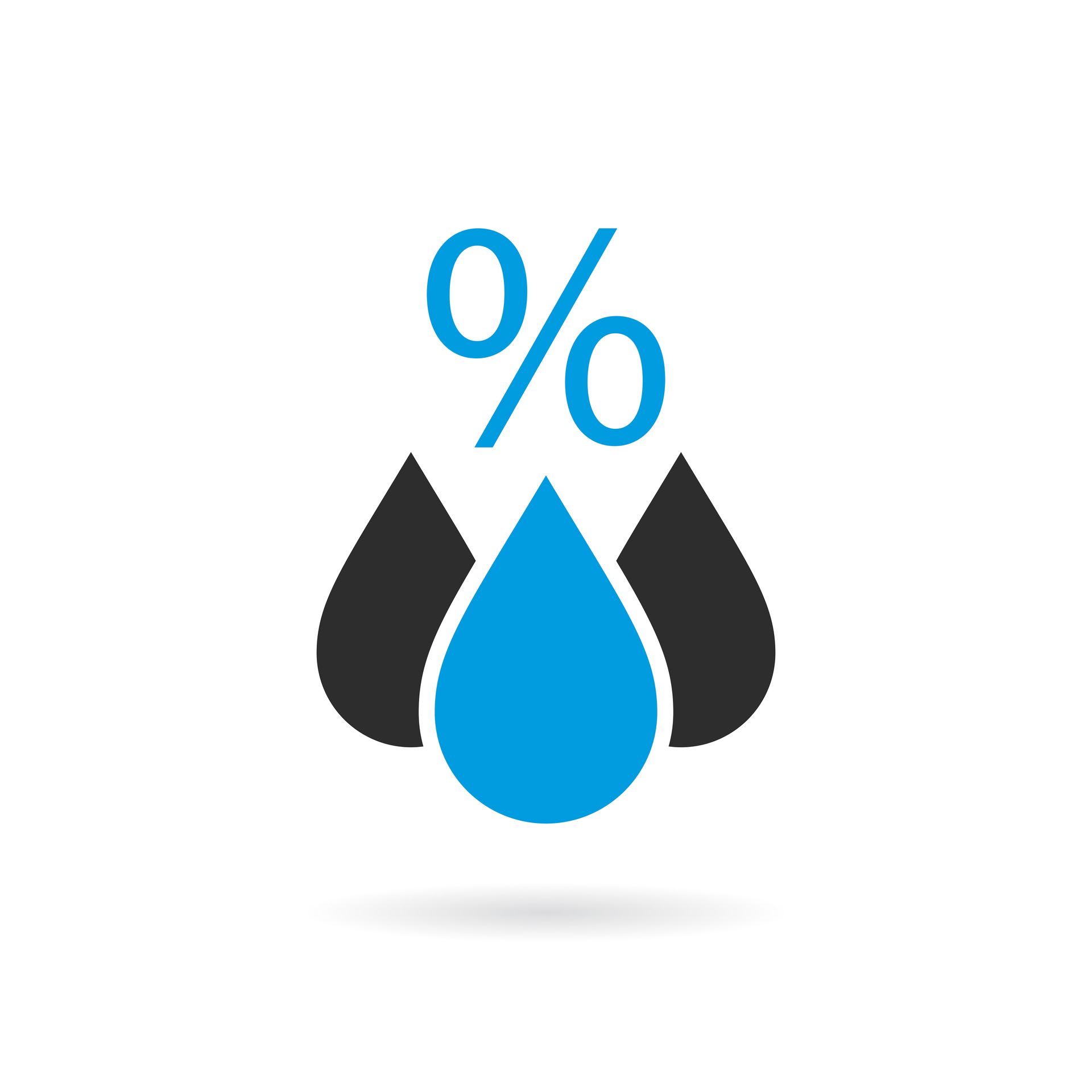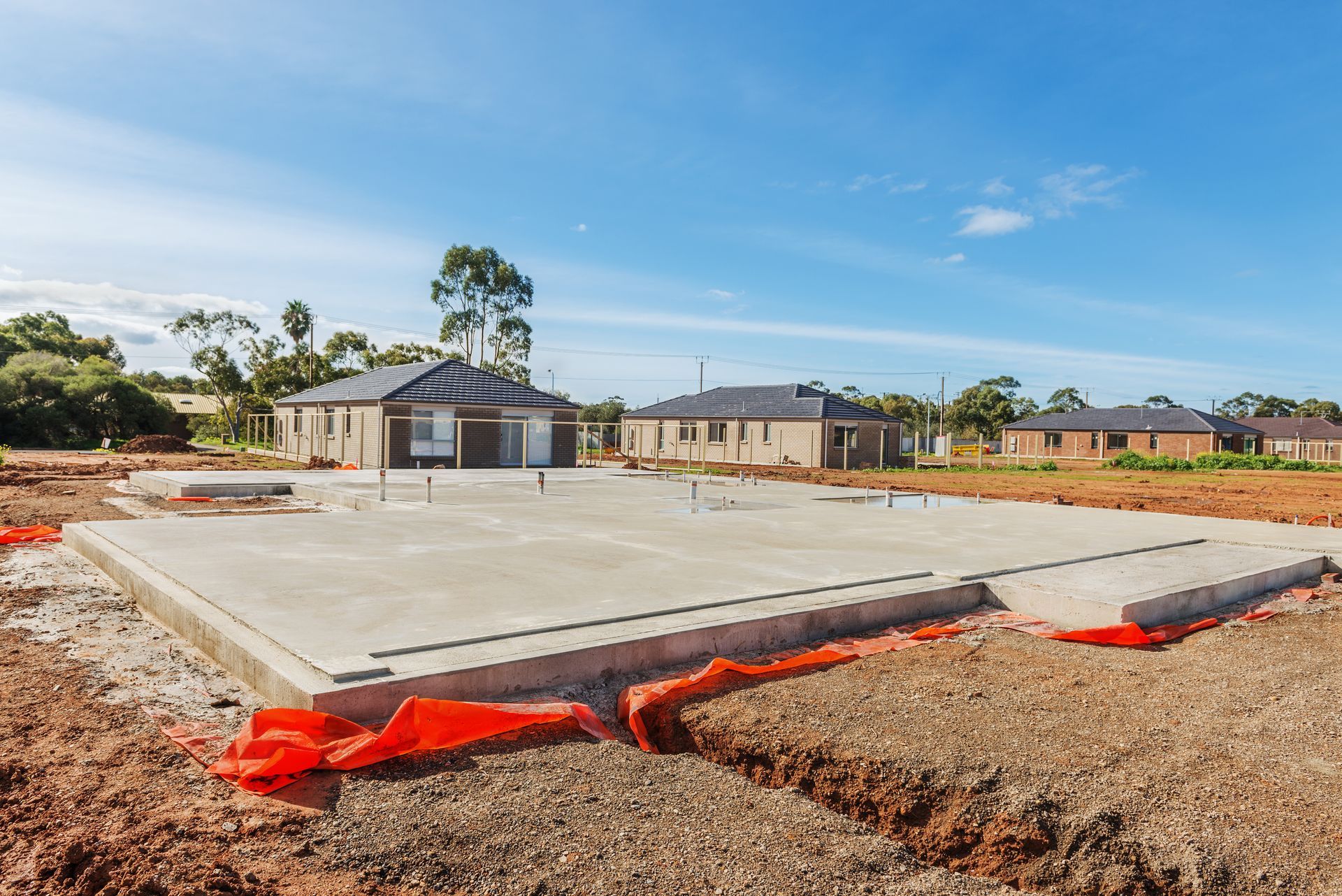What Are the Most Effective Ways to Reduce Humidity in Your Basement?

Unfortunately, there’s no single magic bullet to eliminate humidity in basements and crawl spaces. A multi-faceted approach is typically the only way to entirely control moisture and maintain low humidity year-round.
Not everyone can afford to go the whole nine yards after their first basement or crawl space assessment. However, implementing at least some moisture control and humidity management improvements can make a difference and help control moisture in the below-ground parts of your home like the crawl space or basement, which in turn will help improve indoor air quality (IAQ) in the rest of your home.
Interior Drainage and Sump Pumps
An effective interior drainage solution can be invaluable for managing water intrusion and siphoning seepage into a sump basin where it can be safely pumped away from your house. At The Drying Company, we strive to develop interior drainage solutions that:
- Sit on top of the footing and are designed not to clog
- Have a built-in 3/8-inch gap between the floor and wall to effectively capture and funnel wall leaks
- Don’t rely on filter fabric to reduce the risk of clogs
- Have an adequately sized drain outlet to ensure the system can handle varying flow rates
- Won’t cause structural damage to your foundation
Subfloor interior drains shouldn’t be installed too deep. Our systems are placed in the “clear water zone” rather than the “mud zone” to minimize the risk of interior drain clogging. Placing these drains too deep can cause soil from underneath the foundation to wash into the system and create voids that may eventually damage your foundation.
Interior drainage systems can be powerful humidity-control tools, but mistakes in design or installation can be counterproductive.
The ideal solution may also vary depending on the foundation construction in your home. The interior drainage solution we might recommend for a conventionally constructed foundation may be different than the ideal option for a monolithic foundation (where the floor and foundation footing are poured together). Our team can inspect your basement floor and foundation and make the right recommendations for your home.
Gravity Drains or Sump Pumps?
Most homes don’t have adequate pitch to make gravity drainage a realistic option, which is why sump pumps are the preferred choice in the vast majority of homes. Choosing the right sump pump isn’t always easy given the diversity of options on the market.
Should you choose a pedestal pump, plastic pump, or cast iron pump? Should it have a ball on a wire switch, pressure switch, or mechanical float switch? Is ¼ horsepower strong enough or underpowered? Should you have battery backup, and how many gallons should it be able to pump on backup power?
The right solution can vary depending on many factors. The experts at The Drying Co. have answers.
Are Wall Coatings or Finished Walls Better for Moisture and Humidity Control?
Wall coatings typically suffer from a common problem – water and water vapor penetrate through the wall by the time they reach the coating, gradually pushing the coating off the wall over time. This will inevitably cause them to peel and flake.
Run-of-the-mill drywall also won’t typically provide humidity-control benefits. Instead, many homeowners frame and sheetrock over the installed waterproofing system for an attractive and durable long-term solution.
High-Capacity, High-Efficiency Dehumidification
All dehumidifiers are not made equal, and basements with significant water intrusion issues require a dehumidification system with ample capacity. The systems we frequently recommend can remove 100 pints of water per day out of basement air using the same amount of energy as a typical 40-pint dehumidifier. They can also filter out particles as small as two microns from your basement air, allowing it to capture old spores and even dust mite droppings, improving whole-home IAQ.
There are a number of reasons why you should be cautious when choosing a dehumidifier to control humidity in your home’s basement. Some of the common issues we’ve found include:
- Typical household units, and their cold coils and fans, are too small for the space, reducing the speed of dehumidification and capacity
- The fans fail to adequately circulate dried air throughout the basement
- Many are not automatically drained into sump pumps and require manual draining
- Systems may only be rated for 25, 30, or 40 pints per day at 80-degree Fahrenheit
Get an Effective, Long-Term Humidity Control Solution to Improve IAQ in Your Basement and Home
The indoor air in your Richmond basement or crawl space will inevitably affect the indoor air quality in your entire home. High humidity or poor IAQ due to mold and mildew may negatively affect your household, inflaming respiratory issues and jeopardizing your family’s health and comfort.
The Drying Company develops and implements highly effective humidity control solutions for Richmond homeowners. We would be happy to provide recommendations during a free consultation and estimate. Call us at (804) 823-1290 to schedule.
All Rights Reserved | The Drying Co.
Privacy Policy | Powered by REV77 Digital Marketing




